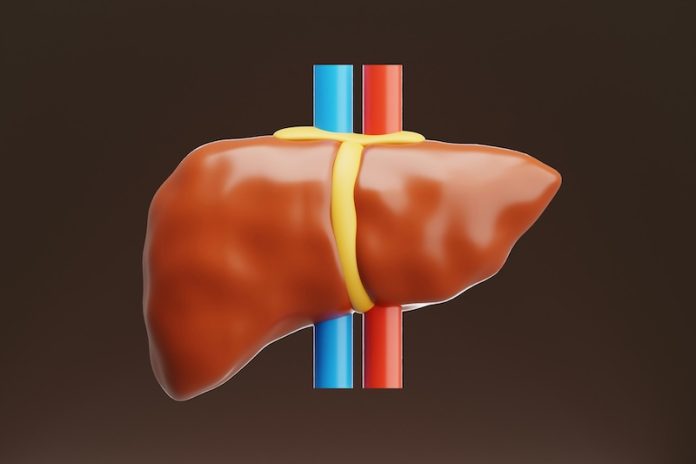
The liver is one of the body’s most powerful organs, capable of repairing itself after injury. But even the liver can wear down over time, especially due to stress, aging, and poor health.
This can lead to serious problems like scarring, disease, and even liver failure. Now, a research team from Duke Health may have found a way to reverse liver aging.
In a new study published in the journal Nature Aging, scientists showed how aging damages the liver, and how an experimental drug could reverse that damage—at least in mice.
The researchers studied how liver disease gets worse with age, especially in people who have a condition called non-alcoholic fatty liver disease. This condition, now called MASLD (metabolic dysfunction-associated steatotic liver disease), affects about one in three adults worldwide and is often linked to obesity, high cholesterol, or diabetes.
The team discovered that aging triggers a certain kind of cell death in liver cells. These cells, called hepatocytes, are the main workers in the liver. The cell death process is called ferroptosis and depends on iron. In older livers, genes that cause this type of cell death were much more active.
“We found that aging makes liver cells more likely to die in this specific way, and things like poor diet and obesity make it even worse,” said Dr. Anna Mae Diehl, the lead researcher and a professor at Duke University.
They then looked at liver tissue from humans and found the same pattern. People with MASLD had more of the genes that trigger ferroptosis, and those with worse disease showed even stronger signals.
This gave the researchers a target for treatment. They tested a drug called Ferrostatin-1, which blocks ferroptosis. In their study, both young and old mice were fed a diet that causes liver disease. Then, some mice received Ferrostatin-1, and others got a placebo.
The results were impressive: The livers of mice that got the drug looked young and healthy—even the old mice on the disease-causing diet.
“It’s like we had old mice eating junk food, and we gave them a medicine that made their livers look like those of young, healthy mice,” said Dr. Diehl.
The researchers also found that the aging liver can affect other parts of the body. The same harmful signals seen in the liver were also found in organs like the heart, kidneys, and pancreas. This means that protecting the liver could also protect other organs.
This study gives hope that aging-related liver damage might be reversible. The next step is to see if this kind of treatment could work in humans.
If you care about liver health, please read studies about simple habit that could give you a healthy liver, and common diabetes drug that may reverse liver inflammation.
For more information about health, please see recent studies about simple blood test that could detect your risk of fatty liver disease, and results showing this green diet may strongly lower non-alcoholic fatty liver disease.
Copyright © 2025 Knowridge Science Report. All rights reserved.



